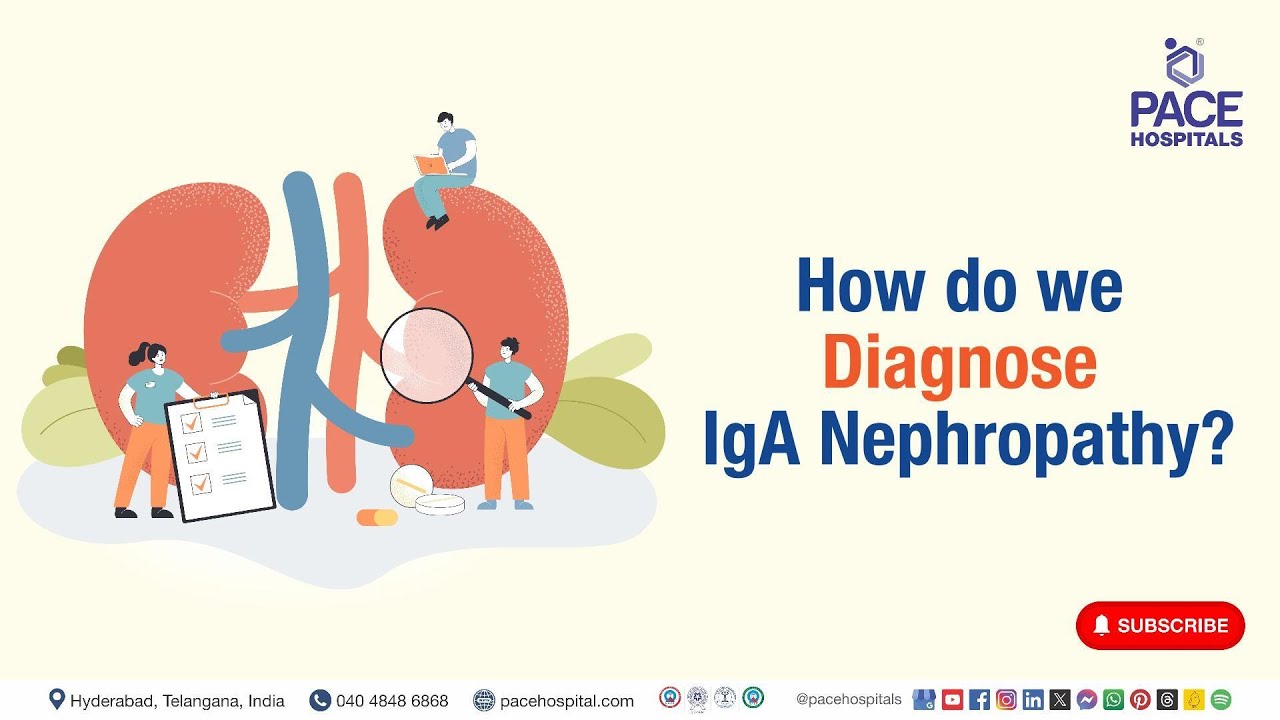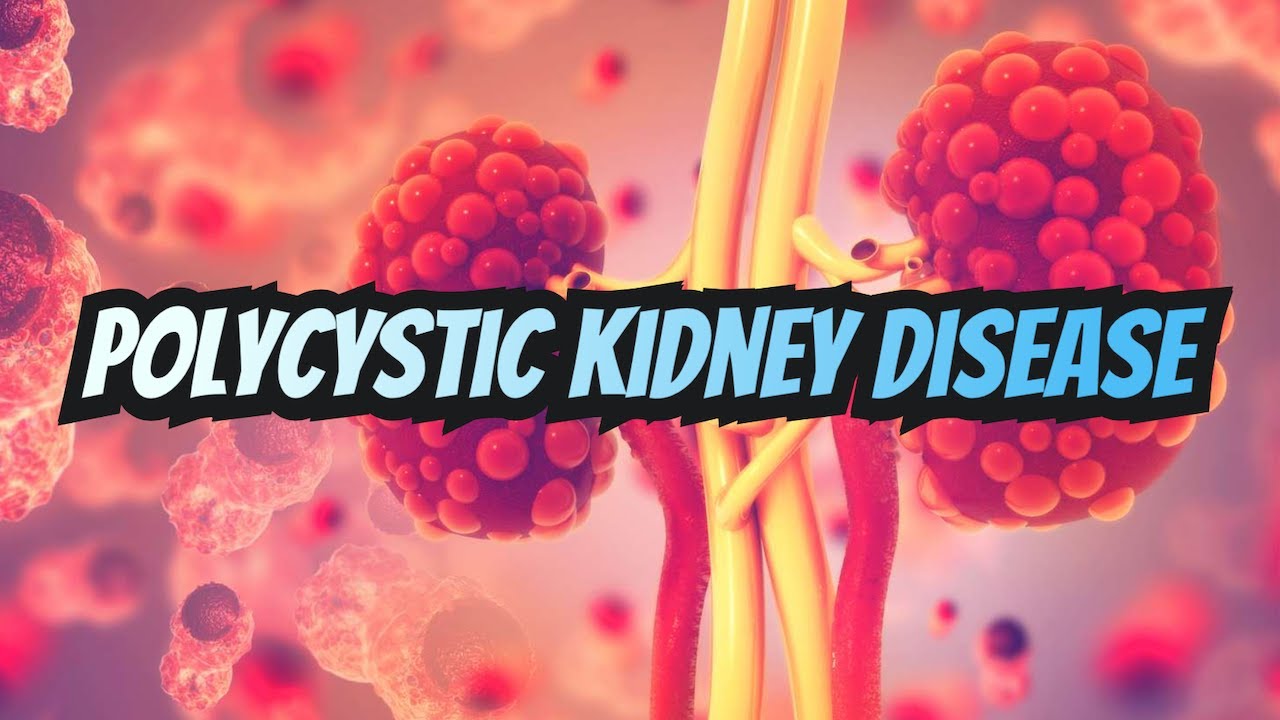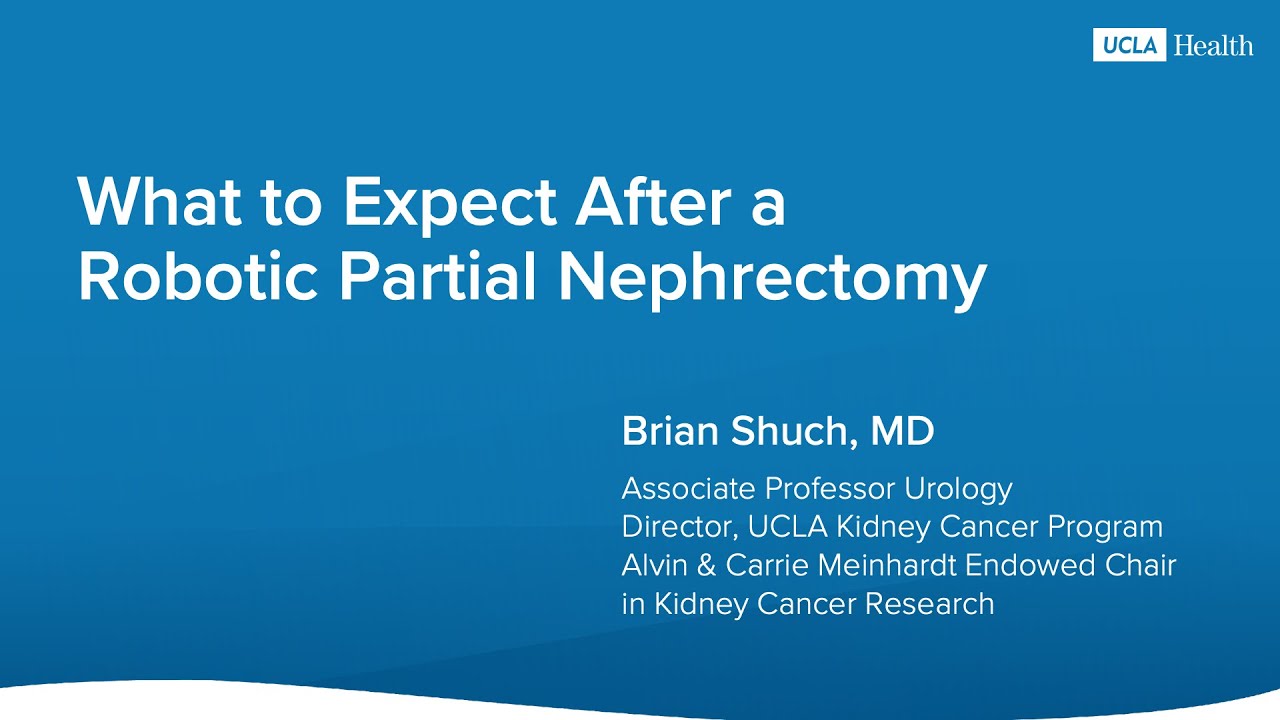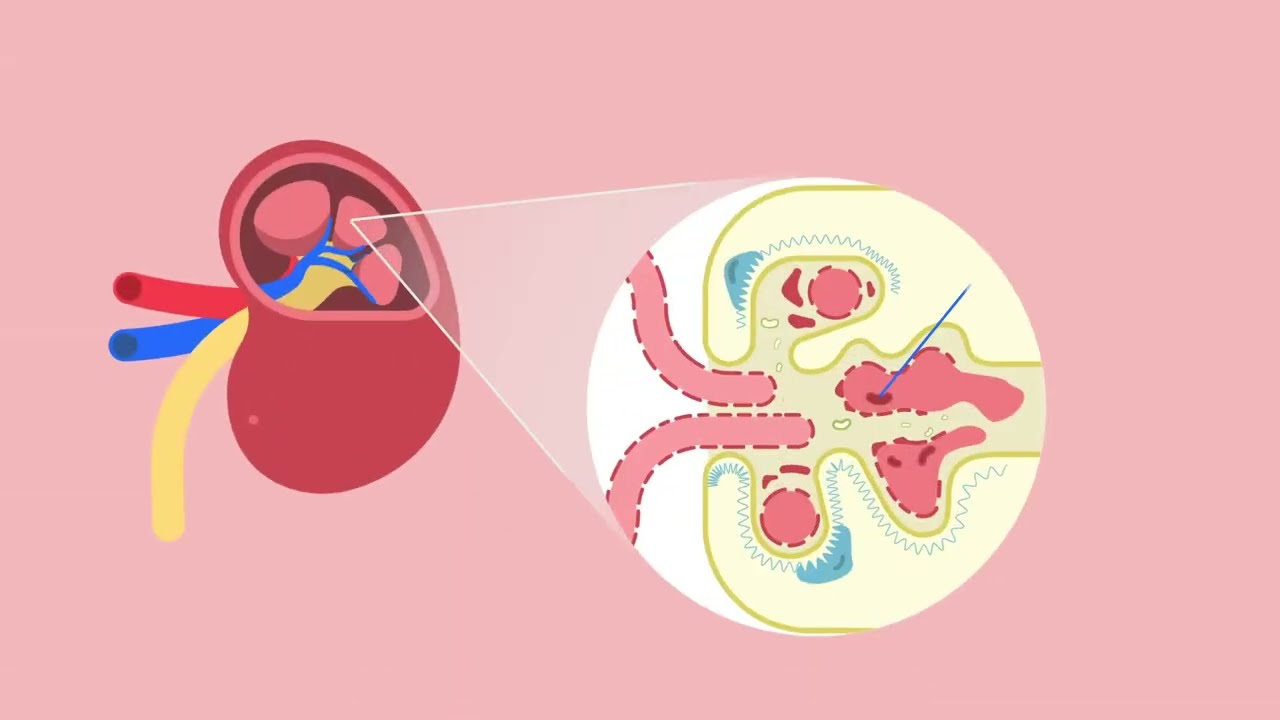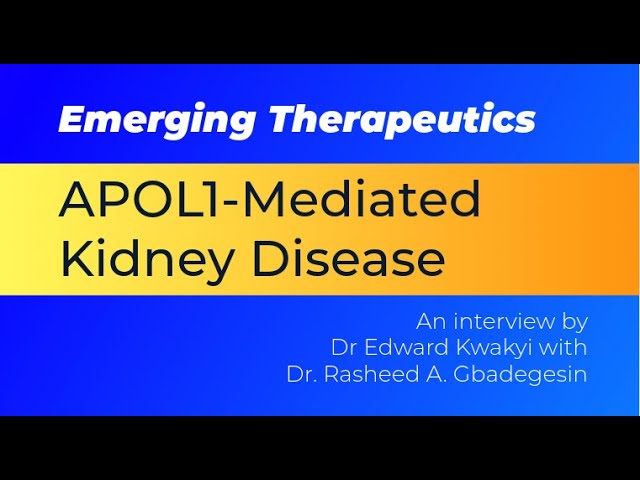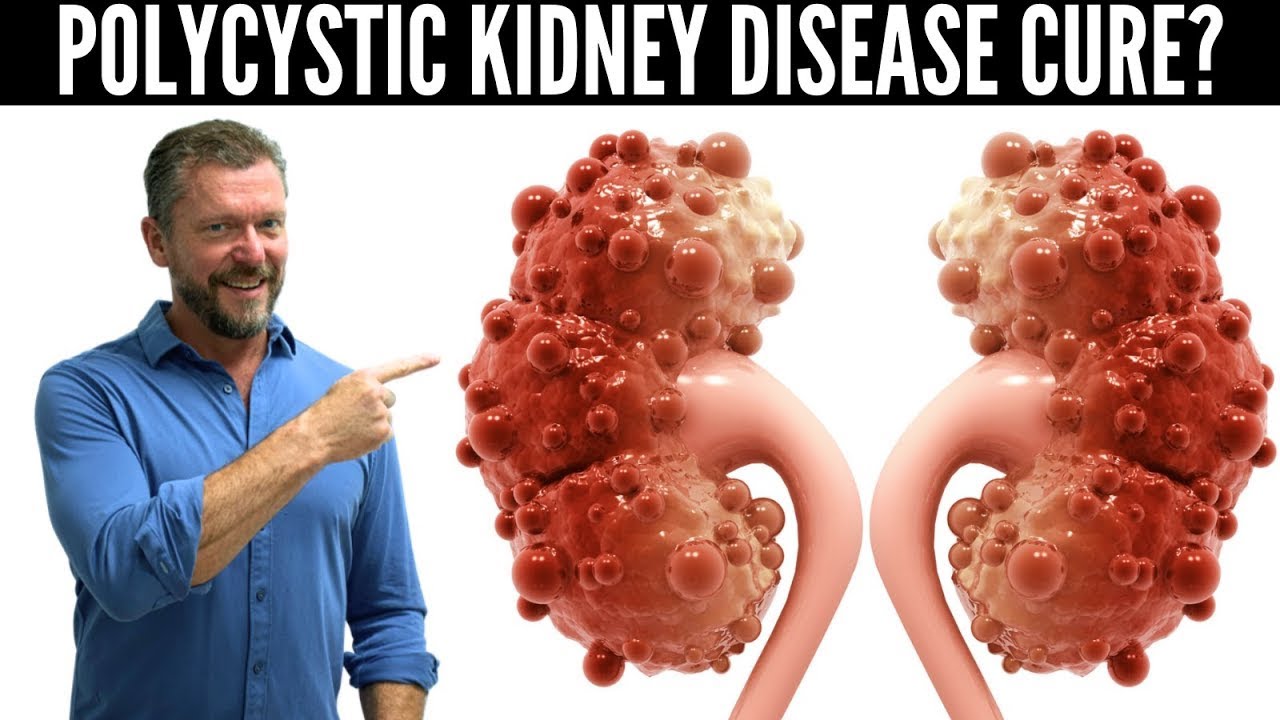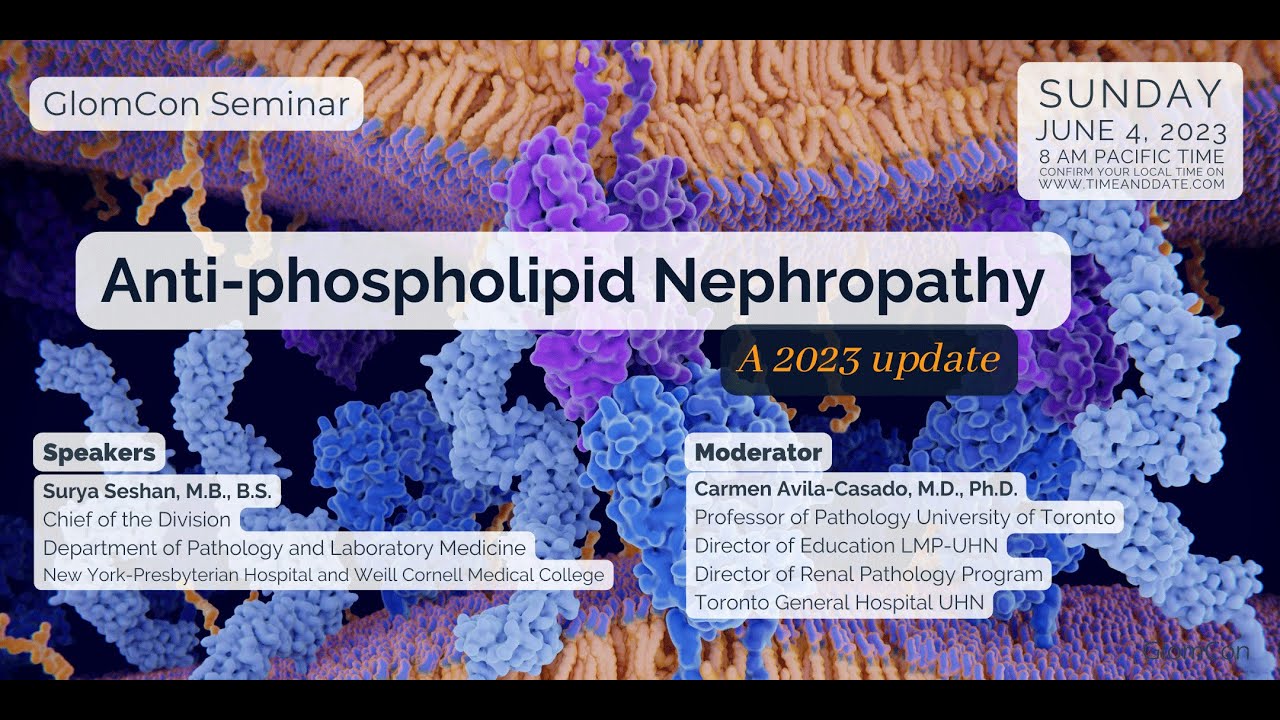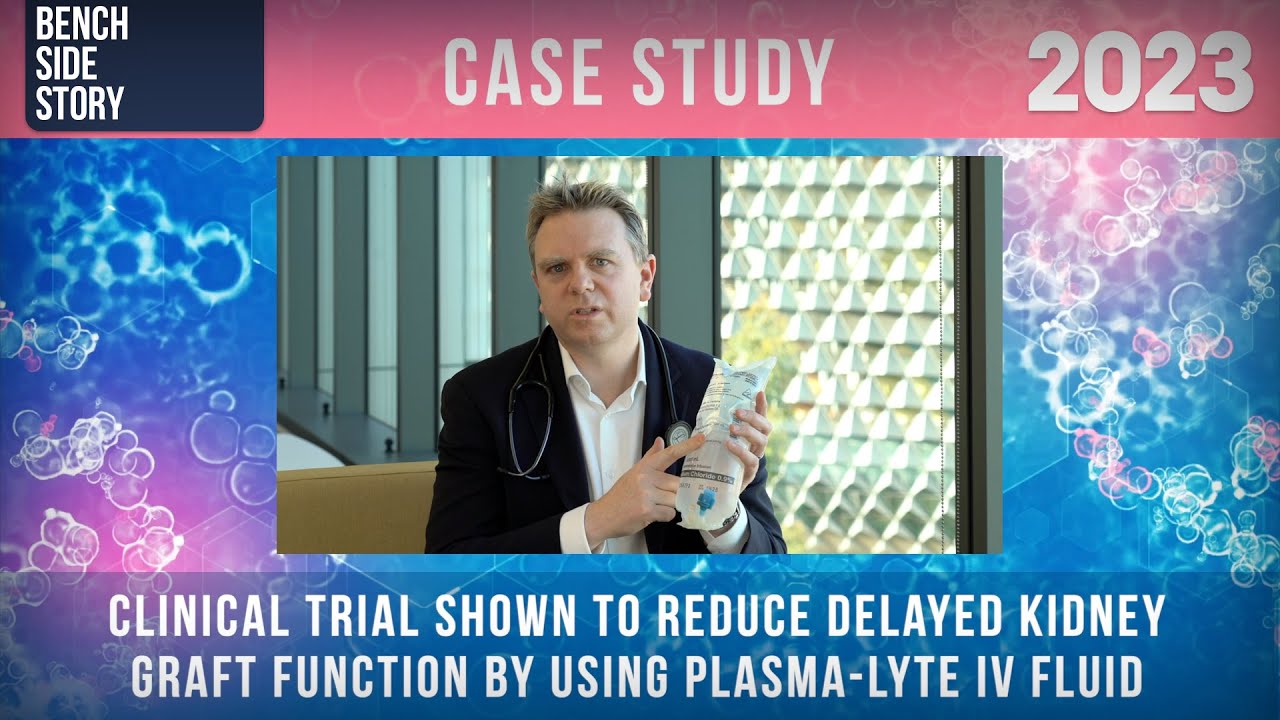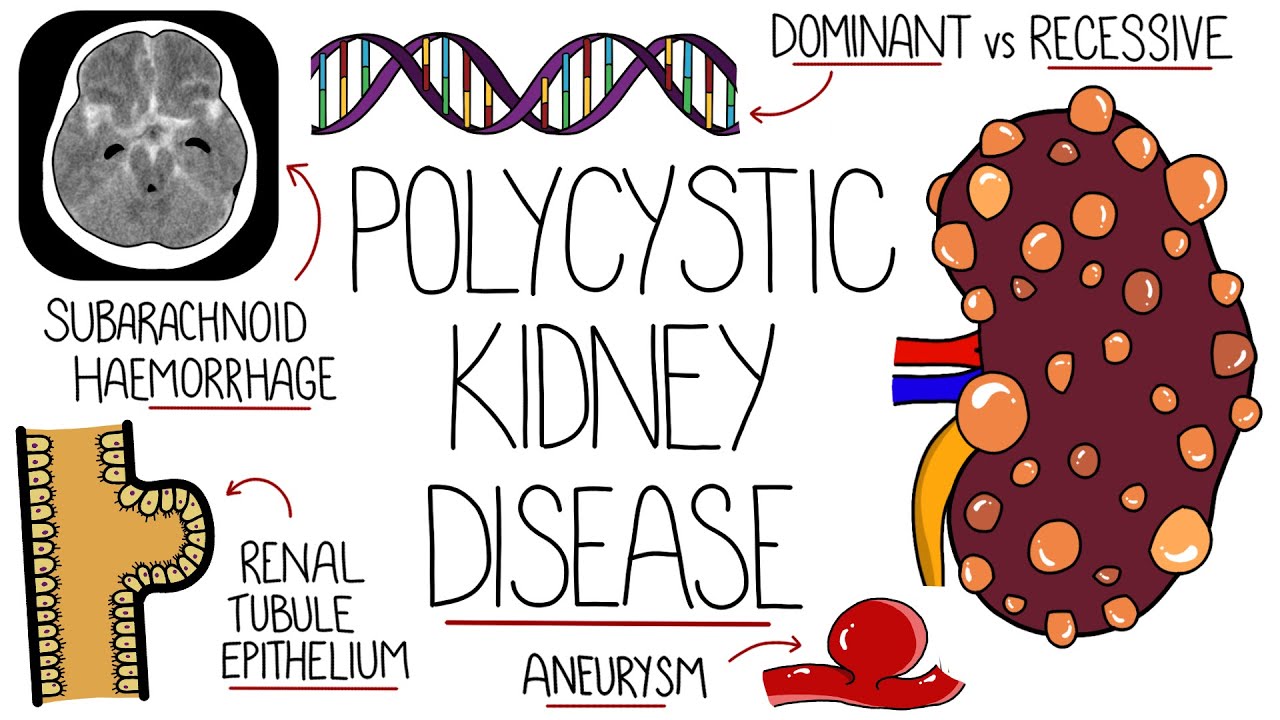ABCs of Kidney Disease: Treatment Options for End-Stage Kidney Disease
March 21, 2023 • Kidney Disease Content Hub
Nephrologist Sumeska Thavarajah, MD, of Johns Hopkins, discusses treatment options for end-stage kidney disease, also known as end-stage renal disease. The treatments include dialysis, transplantation, or medical management, sometimes referred to as conservative care or active medical management. Dialysis, which artificially cleans the blood, can be done through hemodialysis or peritoneal dialysis. Hemodialysis involves filtering the blood using a machine and can be done at home or at an outpatient dialysis unit. Peritoneal dialysis filters the blood through a thin layer of tissue in the abdomen and is only done at home. Transplantation involves replacing the kidney function with a new kidney, while conservative care involves managing the disease with medications. The choice of treatment depends on the patient’s health condition and lifestyle.

